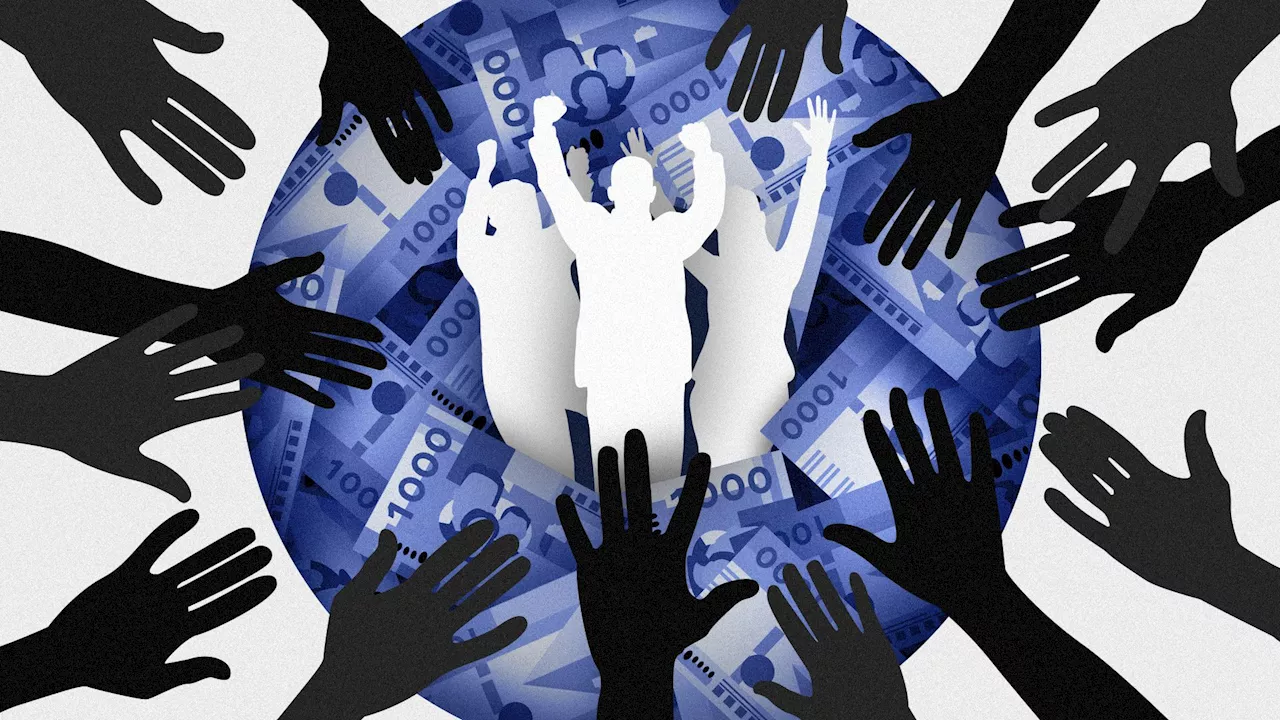This article explores the growing phenomenon of 'ayuda culture' in the Philippines, particularly the AKAP program, and its potential for vote-buying. It contrasts this with the US under President Trump's move away from international aid, highlighting the risks posed to development projects, including those in the Philippines funded by the US Agency for International Development (USAID).
This is AI generated summarization, which may have errors. For context, always refer to the full article. I fear that the huge popularity of ayuda will likely embolden politicians to keep allocating colossal public funds for it in the coming years. With robust supply and demand, ayuda culture might be here to stay.
Ayuda or aid has been in the news a lot, whether in the Philippines or in the US (in the context of US President Donald Trump’s attacks on the US Agency for International Development or USAID).The May 12 elections are fast approaching, and concerns linger about the giving out of ayuda benefits as an indirect form of vote-buying. One of the bigger ayuda programs out there is AKAP, or Ayuda sa Kapos ang Kita Program. A brainchild of House Speaker Martin Romualdez, AKAP has been allocatedIn the veto message of President Ferdinand Marcos Jr., he called on three executive agencies to come up with firm guidelines on who’s eligible to receive AKAP benefits. But the problem, as I foresaw, is that these agencies don’t have enough time to come up with such guidelines, especially as cash is handed out in the weeks before the May polls.chaired by Senator Imee Marcos, who has attacked her cousin’s AKAP program, an official of the Department of Social Welfare and Development (DSWD) admitted that “there is no list” of minimum wage earners that can serve as a basis for who gets AKAP or not. Disturbingly, they gave out AKAP to nearly five million people in 2024 even without such a vetted list., “It’s very, very clear, therefore, that neither NEDA nor the DOLE can come up with a list of worthy beneficiaries for AKAP.” In the same hearing, some officials also admitted that politicians can, in fact, nominate lists of beneficiaries. Baguio City Mayor Benjamin Magalong alleged that DSWD staff are told to “keep silent” and automatically accept lists of beneficiaries coming from district representatives. It’s one thing for the supply of ayuda to be abundant and lax, but another if there’s strong demand for it. On February 11, the Social Weather Stations (SWS) released the results of a survey on Filipinos’ awareness of various social welfare programs, as well as their opinion on how helpful they think these programs are. People are most aware of the conditional cash transfer program called Pantawid Pamilyang Pilipino Program (4Ps), with 93% awareness rate. Of those people, a full two-thirds said 4Ps is “very helpful”, and a quarter said it’s “helpful.” The second most popular ayuda program is Tulong Panghanapbuhay sa Ating Disadvantaged/Displaced Workers (TUPAD) with 84% awareness rate. Half of them said it’s “very helpful,” and 37% said it’s helpful. Despite being relatively new, AKAP is third on the list: 70% were aware of it, and of those people, 42% said it’s “very helpful,” while 39% said it’s “helpful.” I think this is the first time we have a numerical idea of the extent of popularity of ayuda programs. And the huge numbers are unsurprising: the masses are keenly aware of ayuda programs. They rely on them a lot to augment their incomes, and many are bound to find them useful to some extent. (By the way, is it surprising at all that some party-list groups, like 4Ps and TUPAD, are named after ayuda programs?) I fear, though, that the huge popularity of ayuda will likely embolden politicians to keep allocating colossal public funds for it in the coming years, and ramp up ayuda spending in the run-up to elections.At the same time that the Philippines is leaning in on ayuda culture, the US under Trump is veering away from it. The biggest casualty so far is the US Agency for International Development or USAID. Established in 1961, USAID is said to be theYou may not realize it, but many important programs in the Philippines have benefitted from USAID. From 1961, USAID is said to have given $5 billion worth of aid to the Philippines. See Rappler’s list of recent USAID projects in the PhilippinesAt my home institution, the University of the Philippines School of Economics, USAID ran multiyear projects that supported basic and policy research in health and energy economics. These studies not only produced many academic publications and supported scholarships, but also contributed to the crafting of policies and even laws. The decision of Trump and his co-conspirator Elon Musk to dismantle USAID poses a huge risk to many development projects all over the world, including in the Philippines., which has been working with the Department of Education (DepEd) to reverse the Philippines’ learning crisis and abate the learning losses wrought by the COVID-19 pandemic. Among other things, they developed rapid assessment tools to gauge the reading levels of kids, and reading materials targeted for K to 3 students. Now, funding for ABC+ has been cut off, but DepEd is hoping to get the materials from this project to continue the wor
Ayuda Philippines Politics USAID International Aid Vote-Buying AKAP Social Welfare Education
Philippines Latest News, Philippines Headlines
Similar News:You can also read news stories similar to this one that we have collected from other news sources.
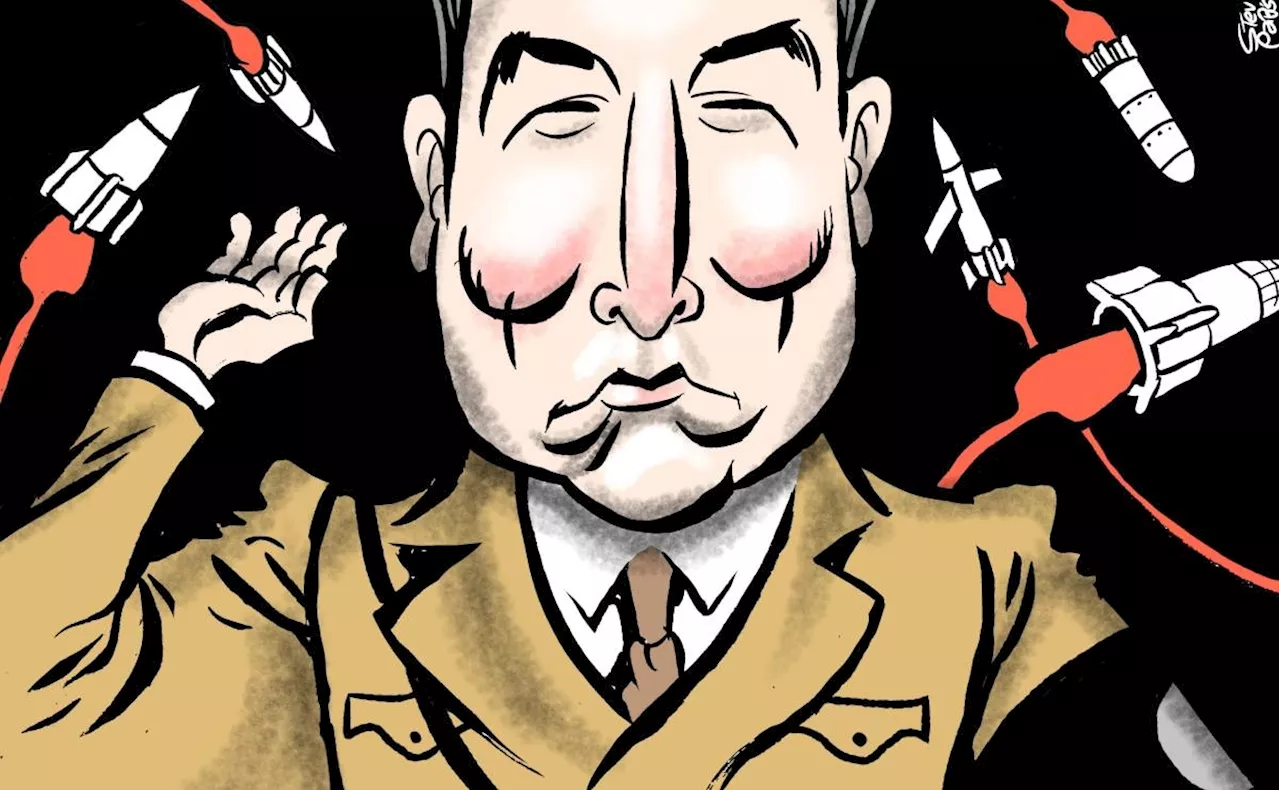 Elon Musk's Unlawful Seizure of USAID Cripples Aid to PhilippinesElon Musk's blatant disregard for democratic norms and his thirst for power have led to the near-total seizure of the US Agency for International Development (USAID). This action has resulted in a halt of vital aid to developing countries, including the Philippines, with potentially devastating consequences.
Elon Musk's Unlawful Seizure of USAID Cripples Aid to PhilippinesElon Musk's blatant disregard for democratic norms and his thirst for power have led to the near-total seizure of the US Agency for International Development (USAID). This action has resulted in a halt of vital aid to developing countries, including the Philippines, with potentially devastating consequences.
Read more »
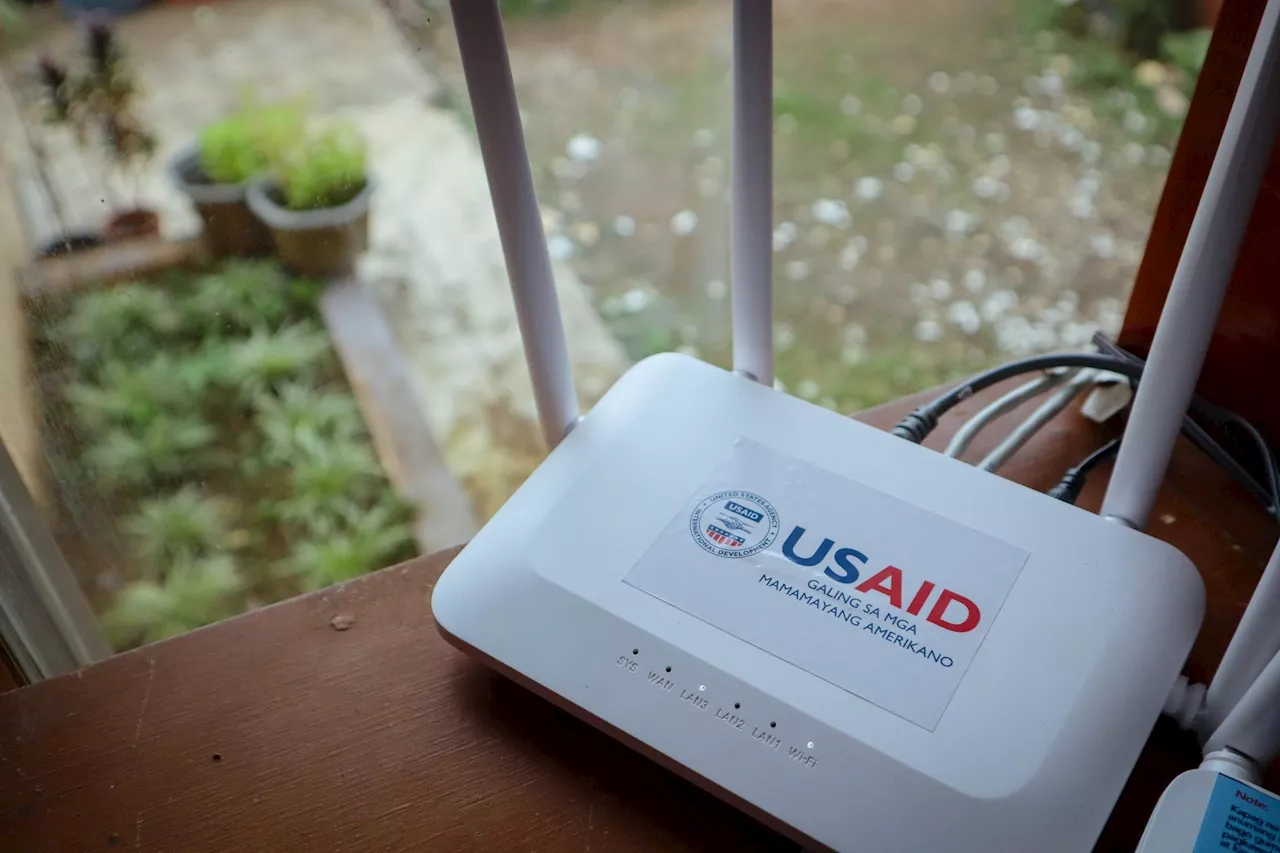 Impact of Trump’s freeze order on USAID in the Philippines, worldUSAID is among the agencies affected by President Donald Trump’s order to temporarily stop US foreign assistance
Impact of Trump’s freeze order on USAID in the Philippines, worldUSAID is among the agencies affected by President Donald Trump’s order to temporarily stop US foreign assistance
Read more »
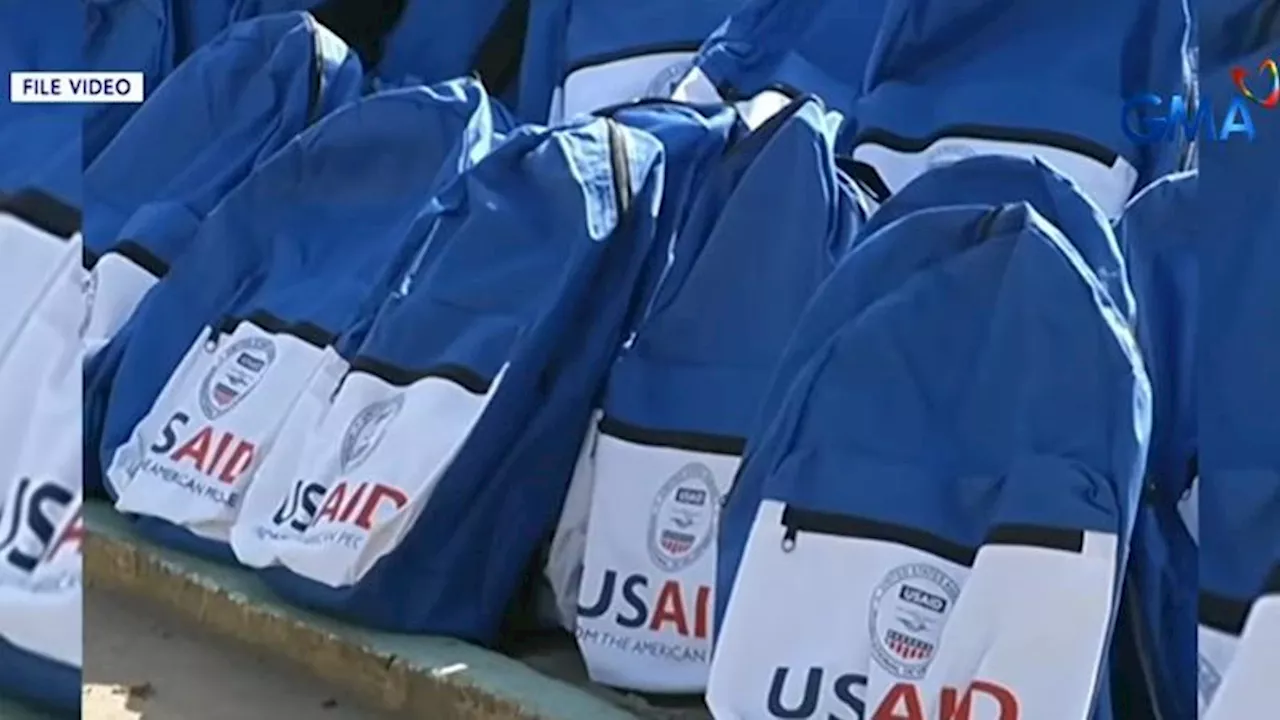 Philippines Not Directly Impacted by USAID FreezeAn official from the National Economic and Development Authority (NEDA) stated that the Philippines will not be directly affected by the freeze on the United States Agency for International Development (USAID). NEDA Undersecretary Rosemarie Edillon explained that the Philippines can seek assistance from other foreign development partners, emphasizing that the current situation differs from the past when the Philippines heavily relied on USAID for school buildings.
Philippines Not Directly Impacted by USAID FreezeAn official from the National Economic and Development Authority (NEDA) stated that the Philippines will not be directly affected by the freeze on the United States Agency for International Development (USAID). NEDA Undersecretary Rosemarie Edillon explained that the Philippines can seek assistance from other foreign development partners, emphasizing that the current situation differs from the past when the Philippines heavily relied on USAID for school buildings.
Read more »
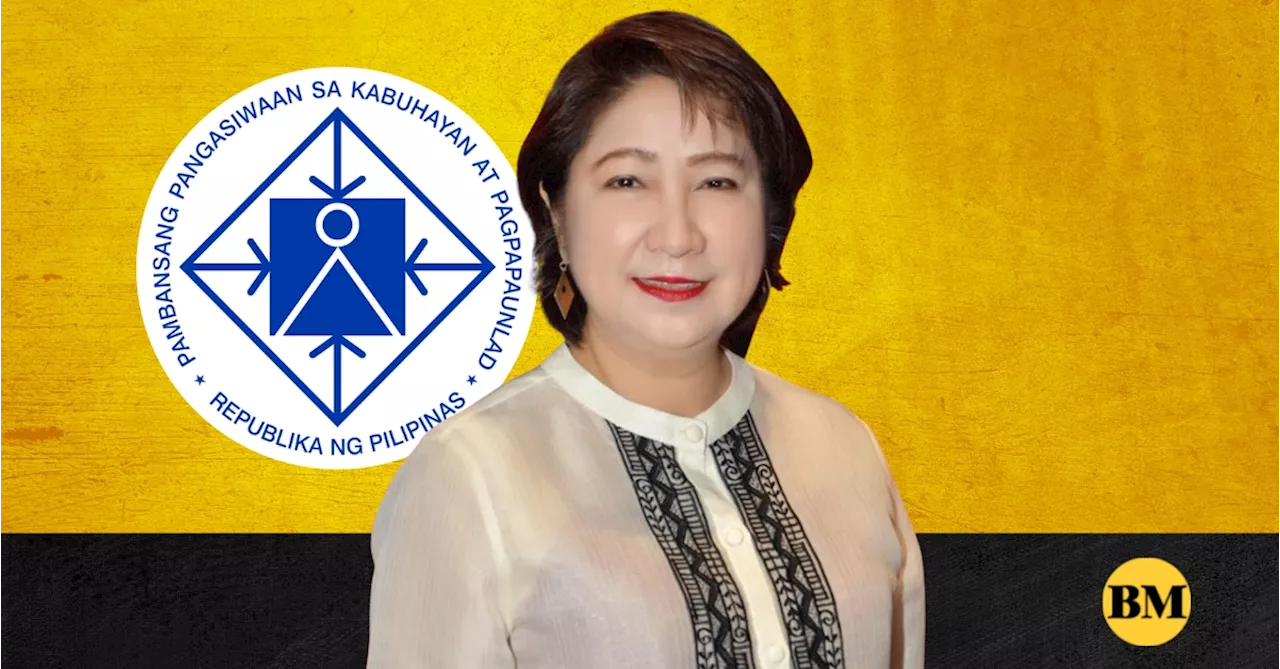 Philippines Remains Unfazed by USAID Project Suspension, Seeks Alternative FundingThe National Economic and Development Authority (Neda) states that the Philippines can secure alternative funding sources for projects affected by the temporary suspension of US Agency for International Development (USAID) projects.
Philippines Remains Unfazed by USAID Project Suspension, Seeks Alternative FundingThe National Economic and Development Authority (Neda) states that the Philippines can secure alternative funding sources for projects affected by the temporary suspension of US Agency for International Development (USAID) projects.
Read more »
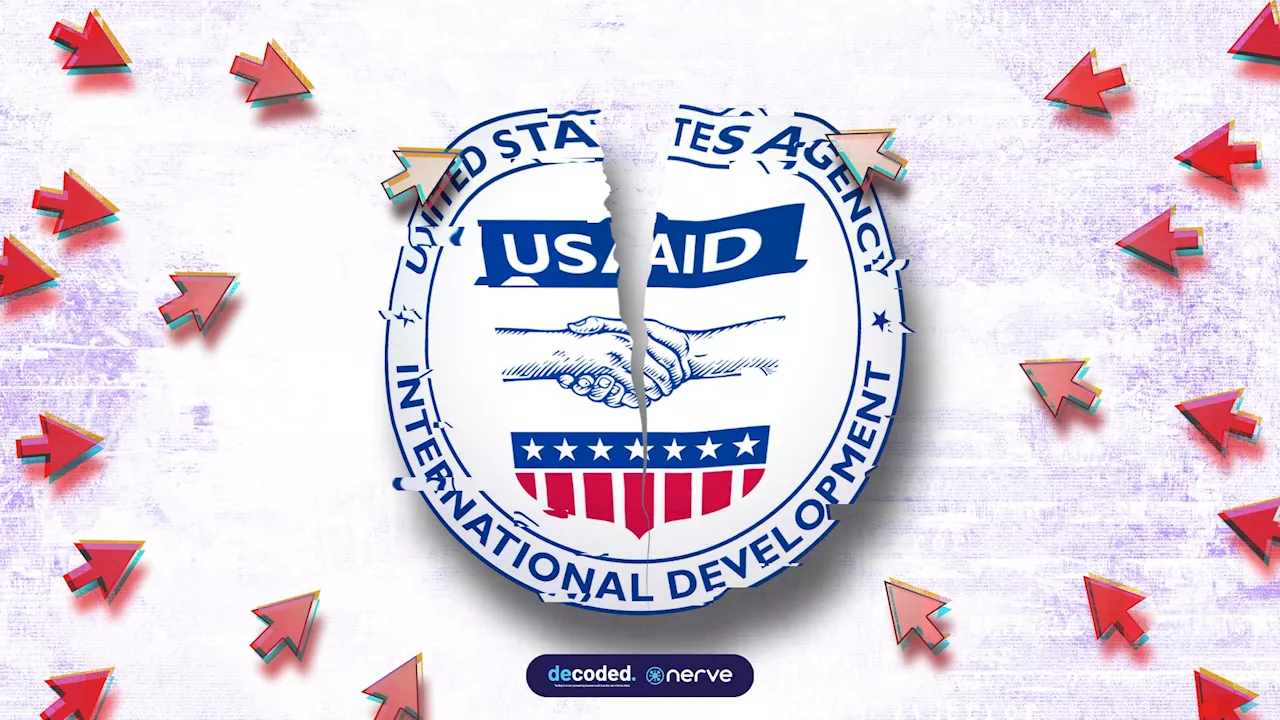 US Aid Agency USAID Targeted in Philippines by Right-Wing PropagandaRecent attacks against the US Agency for International Development (USAID) in the Philippines, spearheaded by right-wing figures and fueled by misinformation, raise concerns about the agency's vital role in supporting development and democracy. These accusations, often baseless and echoing American far-right narratives, target both USAID and its recipient organizations, painting them as tools for regime change and promoting a pro-US, liberal agenda.
US Aid Agency USAID Targeted in Philippines by Right-Wing PropagandaRecent attacks against the US Agency for International Development (USAID) in the Philippines, spearheaded by right-wing figures and fueled by misinformation, raise concerns about the agency's vital role in supporting development and democracy. These accusations, often baseless and echoing American far-right narratives, target both USAID and its recipient organizations, painting them as tools for regime change and promoting a pro-US, liberal agenda.
Read more »
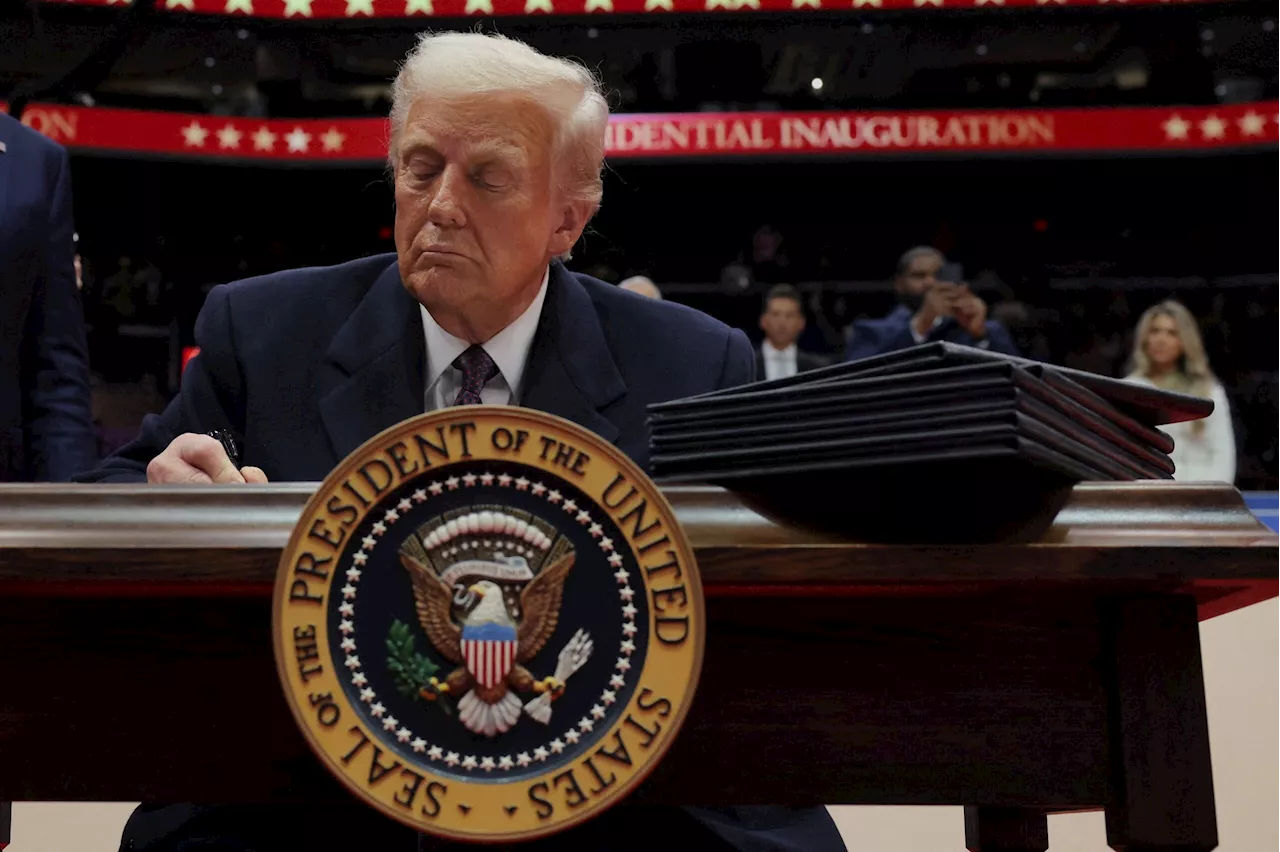 View from Manila: With America first, global aid comes secondUSAID funds a wide range of projects in the Philippines — from education, health, to disaster response
View from Manila: With America first, global aid comes secondUSAID funds a wide range of projects in the Philippines — from education, health, to disaster response
Read more »
